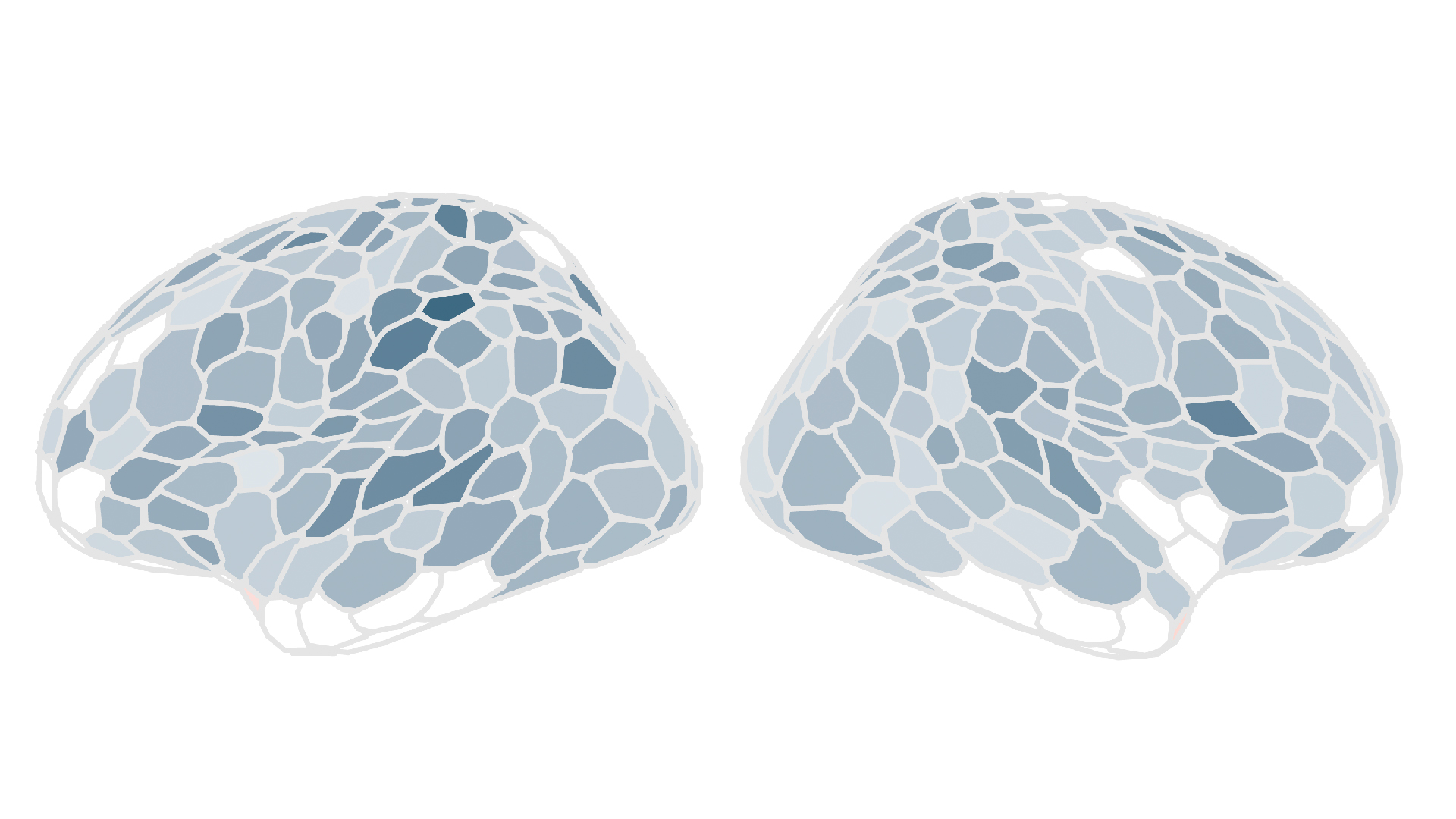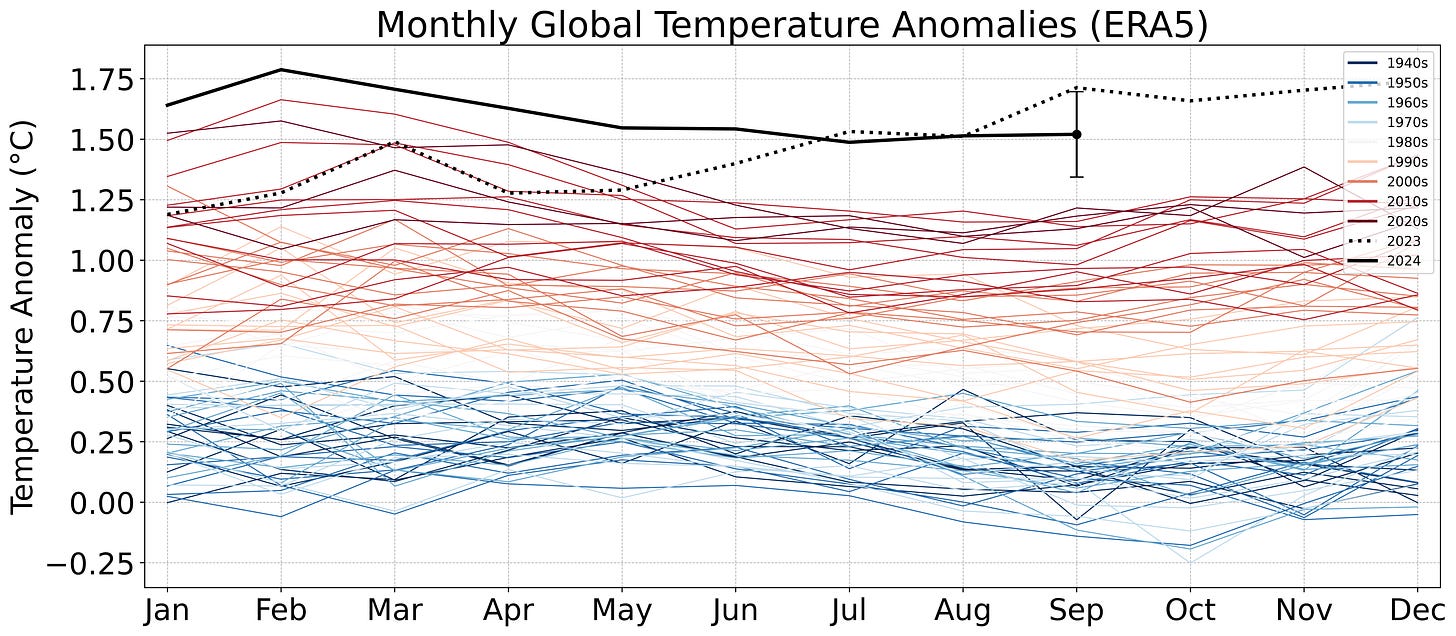Societies, Vol. 14, Pages 176: Intersectionality of Disabled People through a Disability Studies, Ability-Based Studies, and Intersectional Pedagogy Lens: A Survey and a Scoping Review
Societies doi: 10.3390/soc14090176
Authors: Gregor Wolbring Laiba Nasir
Disabled people face many social problems in their lives, as outlined by the UN Convention on the Rights of Persons with Disabilities. These problems often increase when disabled people also belong to another marginalized identity. The first aim of this study was to report on the extent and what intersectionalities are mentioned in academic abstracts in conjunction with disabled people. Various intersectional concepts are used to discuss intersectionality-related issues. The second aim was to ascertain the use of intersectionality-based concepts to discuss the intersectionality of disabled people. The field of intersectional pedagogy emerged to discuss the teaching of intersectionality linked to various marginalized identities. The third aim was to ascertain the coverage of how to teach about the intersectionality of disabled people in the intersectional pedagogy-focused academic literature we covered. Ability judgments are a general cultural reality. Many ability judgment-based concepts have been developed within the disability rights movement, disability studies, and ability-based studies that could be used to discuss the impact of ability judgments on the intersectionality of disabled people and enrich the area of intersectional pedagogy. The fourth aim was to ascertain the use of ability judgment-based concepts to analyze the intersectionality of disabled people. To obtain data for the four aims, we performed a manifest coding and qualitative content analysis of abstracts obtained from SCOPUS, the 70 databases of EBSCO-HOST and Web of Science, and an online survey in which we ascertained the views of undergraduate students on social groups experiencing negative ability-based judgments. As to the 34,830 abstracts that contained the term “intersectionality”; the 259,501 abstracts that contained the phrase “intersection of”; and the 11,653 abstracts that contained the 35 intersectionality-based concepts, the numbers for these abstracts that also contained the disability terms we used for our analysis were 753, 2058, and 274 abstracts, respectively, so 2.16%, 0.79%, and 2.35%, indicating a low academic engagement with the intersectionality of disabled people. We found many different intersectionalities mentioned in conjunction with disabled people, but most were mentioned only once or twice, with the main ones mentioned being race and gender. The literature covered made little use of most of the 52 intersectionality-based concepts we looked at (35 identified before the study and 17 more identified during the analysis). The literature covered also did not link to the area of intersectional pedagogy. Of the 25 ability judgment-based concepts, only the term ableism was used. As to the surveys, most students saw many of the social groups experiencing negative ability judgments, suggesting that the ability judgment-based concepts might be a useful tool to discuss intersectional consequences of ability judgments, such as intersectional conflict. Our data might be useful for intersectionality studies, intersectional pedagogy, disability studies, ability-based studies, and other academic fields that engage with intersectionality or with disability issues. Our study might also be useful for academics covering various topics to engage with the intersectionality of disabled people as part of their inquiries.

 1 week ago
25
1 week ago
25


